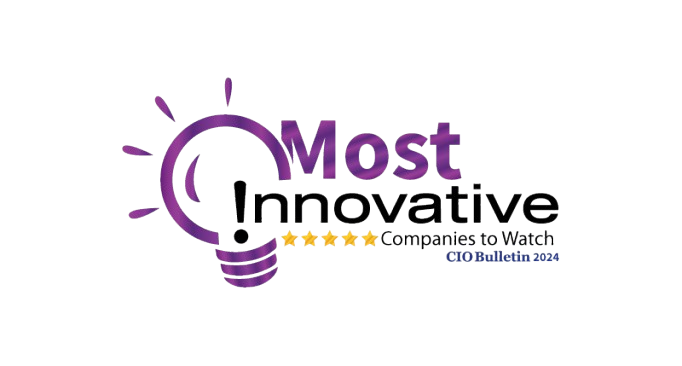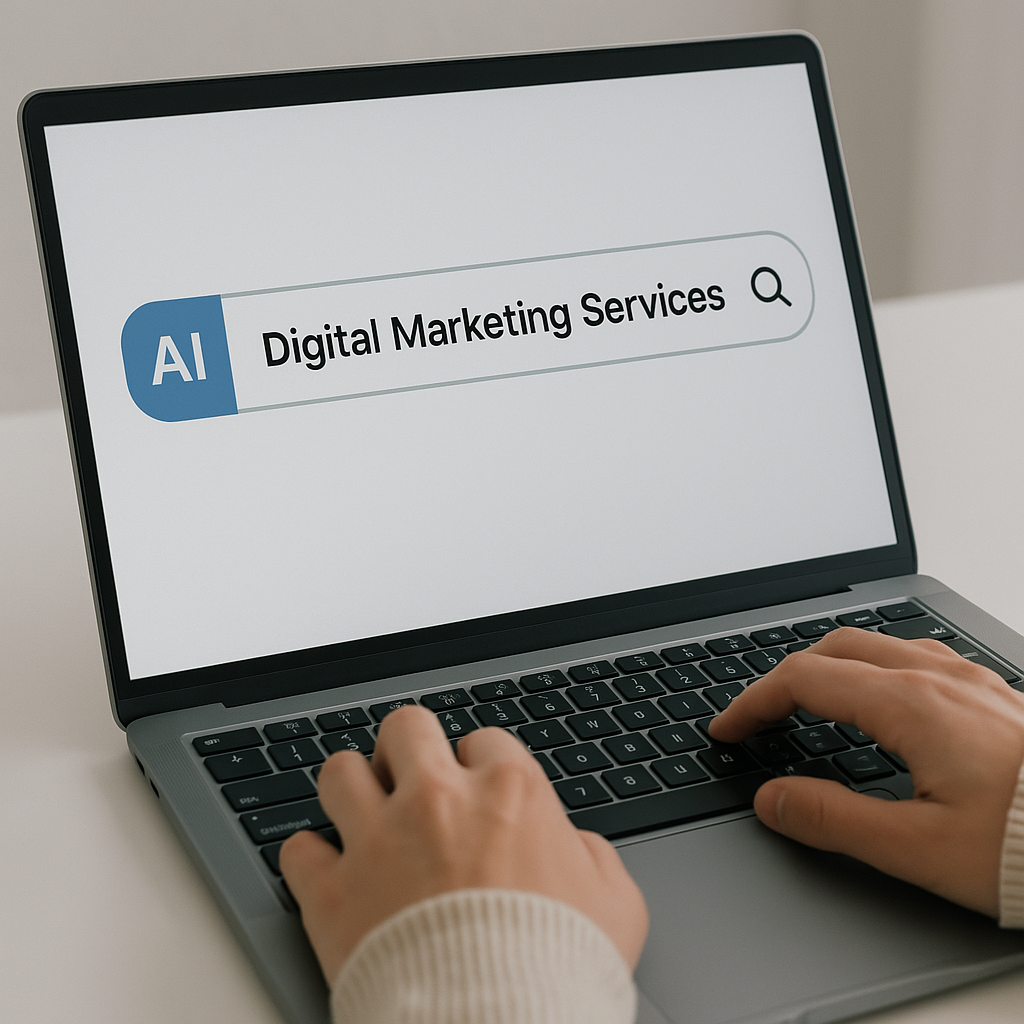Get to Know AI: 10+ Ways AI Helps Marketers Do Their Jobs Better
May 20, 2023
In today's digital age, marketers are constantly looking for ways to improve their return on investment (ROI). The advent of artificial intelligence (AI) has revolutionized the marketing landscape, providing marketers with powerful tools and capabilities to enhance their strategies and achieve better results. This article will explore the concept of ROI in marketing and delve into the various ways AI can assist marketers in maximizing their ROI.
Understanding ROI in Marketing
ROI, or return on investment, is a crucial metric that measures the profitability of an investment relative to its cost. In marketing, ROI determines the effectiveness and efficiency of various marketing activities, enabling marketers to make data-driven decisions and allocate resources wisely. It provides insights into the success of campaigns, customer acquisition costs, and revenue generated from marketing efforts.Role of AI in Marketing
AI has emerged as a game-changer in the marketing industry. By leveraging advanced algorithms and machine learning, AI empowers marketers to extract valuable insights from vast amounts of data, automate repetitive tasks, and personalize customer experiences. The integration of AI into marketing strategies has proven to be highly beneficial for businesses, enabling them to streamline operations, improve targeting, and enhance overall marketing performance. Ways AI Helps Marketers Achieve ROI
Personalized Marketing:
AI enables marketers to create personalized experiences for their target audience by analyzing consumer behavior, preferences, and demographics. This level of personalization enhances customer engagement, loyalty, and ultimately, ROI.
Data Analysis and Insights: AI algorithms can analyze complex datasets quickly and accurately, providing marketers with actionable insights. By understanding consumer trends, preferences, and purchasing patterns, marketers can make data-driven decisions that optimize marketing strategies and improve ROI.
Content Creation and Optimization: AI-powered tools can generate and optimize content, including blog posts, social media captions, and email campaigns. These tools leverage natural language processing and machine learning algorithms to ensure content is compelling, relevant, and tailored to the target audience, ultimately driving better ROI.
Customer Segmentation: AI helps marketers segment their customer base more effectively. By analyzing vast amounts of customer data, AI algorithms can identify specific segments and their unique preferences. This enables marketers to target their campaigns more accurately, resulting in improved ROI.
Predictive Analytics: AI algorithms can analyze historical data and consumer behavior to predict future trends and outcomes. Marketers can leverage predictive analytics to anticipate customer needs, optimize marketing campaigns, and allocate resources efficiently, leading to increased ROI.
Chatbots and Virtual Assistants: AI-powered chatbots and virtual assistants enhance customer service and support, improving the overall customer experience. They can handle queries, provide recommendations, and assist customers throughout their journey, contributing to higher customer satisfaction and ultimately, better ROI.
Social Media Management: AI tools can automate social media management tasks such as scheduling posts, monitoring engagement, and analyzing sentiment. This automation saves time and effort while ensuring consistent and targeted messaging, resulting in improved ROI.
Search Engine Optimization: AI algorithms can analyze search engine algorithms and optimize website content to improve organic search rankings. By enhancing visibility and driving more qualified traffic, AI-driven SEO strategies contribute to better ROI.
Email Marketing Automation: AI-powered email marketing tools enable marketers to automate personalized email campaigns. By analyzing customer data and behavior, AI algorithms can send relevant and timely emails, leading to higher open rates, click-through rates, and ultimately, improved ROI.
Campaign Performance Tracking: AI can track and analyze campaign performance metrics in real-time. Marketers can monitor key performance indicators (KPIs) such as conversions, engagement rates, and cost per acquisition, allowing them to optimize campaigns and maximize ROI.
Challenges and Considerations While AI offers numerous benefits for marketers, there are challenges and considerations to keep in mind. Marketers must ensure ethical and responsible use of AI, maintain data privacy and security, and overcome any potential resistance to AI adoption within their organizations. Additionally, AI algorithms require continuous monitoring and refinement to ensure accurate results and avoid bias.
Conclusion
In conclusion, AI has revolutionized the marketing industry by offering marketers powerful tools and capabilities to maximize ROI. From personalized marketing and data analysis to content optimization and campaign tracking, AI empowers marketers to achieve better results and drive business growth. By embracing AI technologies and leveraging their potential, marketers can stay ahead of the competition and unlock new opportunities for success. FAQs
How does AI help marketers achieve better ROI?
AI enables personalized marketing, data analysis, content optimization, customer segmentation, predictive analytics, and more, all of which contribute to improved ROI.
Can AI help automate social media management? Yes, AI-powered tools can automate tasks such as scheduling posts, analyzing engagement, and monitoring sentiment, resulting in better social media management and ROI.
What role does AI play in email marketing? AI can automate personalized email campaigns, analyze customer behavior, and send relevant emails, leading to higher open and click-through rates and improved ROI.
How does AI enhance content creation? AI-powered tools can generate and optimize content, leveraging natural language processing and machine learning algorithms to ensure relevant, engaging content that drives better ROI.
What challenges should marketers consider when implementing AI? Marketers should consider ethical use, data privacy, security, and potential resistance to AI adoption. Continuous monitoring and refinement of AI algorithms are also crucial for accurate results and avoiding bias.
Featured Resources
Check Our Latest Resources

Proven ROI has been recognized as one of the Most Innovative Companies to Watch 2024 by CIO Bulletin—a testament to the company’s forward-thinking approach to CRM investments and strategic partnerships. By working closely with leading CRM platforms like HubSpot, Proven ROI is revolutionizing how businesses manage customer relationships, scale their operations, and drive growth.



